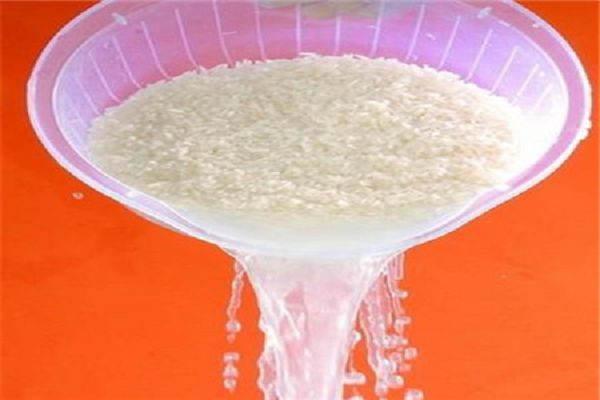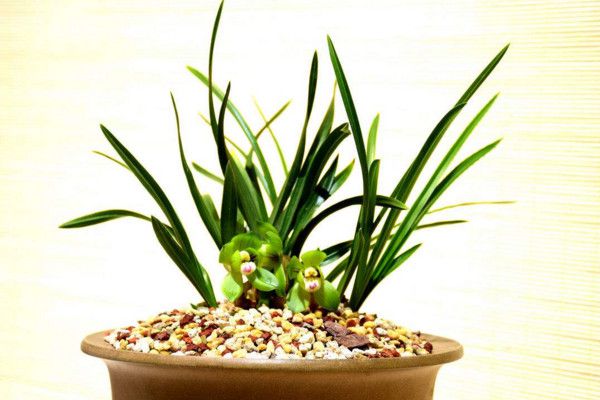How to raise violets? how to cultivate violets?

How to raise violets, violets are common flowers and plants, and violets are easy to breed, and they can be planted indoors or outdoors, whether indoors or outdoors. We should understand the habits of violets, adapt to the environment, watering and other matters. Here are some daily violets culture methods to help new flower friends.
Violet culture method
1. Adapt to the environment
Violet flowers like the cool growth environment, and their planting in the soil with good drainage system and neutral alkali is more beneficial to the growth and development of violet flowers. Violet flowers are cold-resistant and shady, afraid of waterlogging, they come into contact with sunlight, ventilation and drainage in a good environment.
2. Requirements for preparation of basin soil
Violet is not strict with the soil, but it grows better in the soil with good drainage and neutral alkali. Generally, 5 parts of rotten leaf soil, 3 parts of garden soil, 2 parts of rotten stable fertilizer soil, or 6 parts of rotten leaf soil and 4 parts of Gaza loam soil can be mixed. At the same time, rotten leaf soil, peat soil and sand soil can also be mixed well.
3. There is plenty of sunshine
Violet likes to have plenty of sunshine, but it is also slightly resistant to semi-shade. If the light and ventilation are not adequate, they are prone to diseases and insect pests.
4. Seasonal watering control quantity
Watering violet flowers is very important during the growth period, and it should not be watered too much in spring, otherwise it will lead to the rot of violet stems and leaves and affect the flowering of flowers. Violet should be watered and sprayed around it in summer, which can effectively increase the humidity in the air, otherwise it will cause the flower pedicel to sag and shorten the flowering period. With the gradual decrease of temperature in autumn and winter, watering of violets should be reduced appropriately.
5. Temperature control in different quarters
Violet likes the environment with warm winter, cool summer and good ventilation. In winter, it can withstand short-5 ℃ low temperature and avoid dryness and heat, and the suitable temperature for flower bud differentiation is 15 ℃.
6. Fertilizing and replenishing nutrition
Violet flowers should apply light fertilizer during their growth and development. Growers should apply rarefied rotten liquid fertilizer or compound fertilizer combined with nitrogen and phosphorus every 10 days or so. At the same time, growers should pay attention to the scientific and reasonable application of nitrogen fertilizer, otherwise it will lead to the phenomenon of excessive growth of the leaves of violet flowers and affect the normal flowering of flowers. The ratio of nitrogen, phosphorus and potassium was the best at 1:1:1.
7. Pruning after flowering
The remaining flowers should be cut off after the violets so that they can branch and blossom again. The flowering period begins in mid-April and blossoms for the second time from June to July.
Related
- Is the orchid suitable for indoor use? Is it good for the body?
- How to prevent the empty root of orchids?
- What to do after the crab claw orchid is withered?
- Why are the leaves of orchids always yellow? Fertilizing and watering.
- Can the root of the gentleman orchid be saved if it is rotten?
- Diagnosis and treatment of cotton-blowing beetle insects in Cymbidium
- There is a way for a gentleman's orchid to rot.
- What is the most suitable temperature and humidity for the orchid?
- How to raise a gentleman's orchid? Cultivation techniques of Cymbidium
- How to prepare the nutritive soil for the cultivation of Cymbidium



